Bulgarian Foreign Minister: The EU Was Late with Turkey
Adelina Marini, May 6, 2016
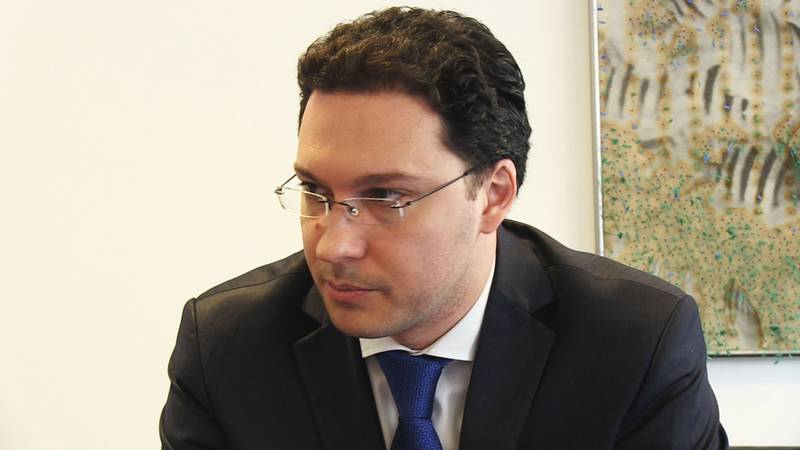 The European Union was late paying attention to Turkey’s warnings about the problematic migration situation there and the fact that the EU would also be affected. And these warnings had been coming for a very long time, but the EU missed them, said Bulgarian Foreign Minister Daniel Mitov in an interview for euinside virtually minutes before the European Commission announced its long-expected proposal for liberalisation of the visa regime with Turkey. The proposal was awaited in an extremely heated atmosphere, in which there is pronounced suspiciousness throughout the EU towards the correctness of the deal, which was struck with Turkey aiming at limiting the refugee and migrant flows towards Europe. Part of this deal is the acceleration of work on the roadmap for lifting the visa requirements, which was agreed on with Ankara all the way back in 2013. Turkey has 72 requirements to fulfil, some of which have practically no deadlines. And this is part of the problem, for Turkey’s expectation is that the visa regime be liberalised this coming June.
The European Union was late paying attention to Turkey’s warnings about the problematic migration situation there and the fact that the EU would also be affected. And these warnings had been coming for a very long time, but the EU missed them, said Bulgarian Foreign Minister Daniel Mitov in an interview for euinside virtually minutes before the European Commission announced its long-expected proposal for liberalisation of the visa regime with Turkey. The proposal was awaited in an extremely heated atmosphere, in which there is pronounced suspiciousness throughout the EU towards the correctness of the deal, which was struck with Turkey aiming at limiting the refugee and migrant flows towards Europe. Part of this deal is the acceleration of work on the roadmap for lifting the visa requirements, which was agreed on with Ankara all the way back in 2013. Turkey has 72 requirements to fulfil, some of which have practically no deadlines. And this is part of the problem, for Turkey’s expectation is that the visa regime be liberalised this coming June.
Out of the 72 requirements, there are just five that have not been fulfilled, according to the EC’s assessment. The first one is the implementation of the national strategy and action plan for fighting corruption. The EC noted on Wednesday that Turkey has accepted on April 30th of this year a new strategy for fighting corruption – a problem, which, as evident from the situation in Bulgaria and Romania – both EU members, could prove to be extremely persistent. Another unresolved issue is the signing and implementing of an operative cooperation agreement with Europol. The EC recognises that Turkish authorities had sent a letter to Europol on May 2, expressing willingness for signing such an agreement. The third unfulfilled requirement is adopting and implementing legislation for the protection of personal data, consistent with EU standards. Effective judicial cooperation, including extradition, with all member states is another requirement. And the last one is changing the Turkish legal framework regarding organised crime and terrorism, so that it is aligned with European Court for Human Rights practise.
Some of these issues are long-term and there is no way they could be convincingly fulfilled by June, so the EC will not just implement, but enhance the existing safeguard mechanism, which is activated in the case of the inflow of Turkish nationals into EU member states becoming too large. According to European Commission First Vice-President Frans Timmermans, Turkey has achieved impressive progress over the last few weeks. During that period, however, there came ultimatums by Turkish president Recep Tayyip Erdoğan that should the EU not honour its part of the deal, namely ensuring visa liberalisation, the refugee flow toward Europe will increase again. The EC stressed at the presentation of the proposal that the five remaining unresolved issues must be cleared by June.
Bulgaria has its own conditions, which it stated right from the start. Foreign Minister Daniel Mitov warned that in order for a visa liberalisation to happen Turkey needs not only to have fully complied with all the 72 requirements, but also implement the readmission agreement between the EU and Turkey. There needs to be ample time to monitor its implementation. In order for this to happen, bilateral readmission protocols need to be signed, explained Minister Mitov. The text is already prepared. There is readiness stated by the Turkish side. Political will is present. Daniel Mitov believes all this is doable by June. Regarding whether Bulgaria shares the concerns that the deal with Turkey is too hasty and practically with it the EU has rendered itself vulnerable to heavy pressure by Turkey, Daniel Mitov stressed that the pressure is ubiquitous. It is on Turkey itself as well, because of the conflict in Syria and the growing refugee and migrant pressure.
He admitted that the agreement was crafted in haste, but is convinced that its core parameters are protecting the best interests of Europe and Bulgaria. Bulgaria had two main requirements. The first is that Turkey does not allow the creation of new routes along its border with the EU, which includes the Black Sea region, the land border between Turkey and Bulgaria, as well as the one between Greece and Turkey and the Aegean route. “Already, the first effects of the agreement are visible – the migrant pressure has noticeably declined. Greek authorities themselves confirm this. The effect is the same at the Bulgarian-Turkish border. We have between 25% and 30% decrease of migrant pressure”, said Mr Mitov.
While the EU monitors the fulfilment of the deal with Turkey, however, migrant pressure through the Mediterranean towards Italy is increasing. Daniel Mitov stated that the EU needs to realise that it needs to act as one entity. National solutions are counterproductive and will lead nowhere. The EU needs to concentrate on guarding its external borders, because “if you control your borders, you control your future”, he quoted the popular proverb. A deeper political integration of the EU is necessary, for over two decades the Union lived in comfort, with no challenges. The current challenges are an opportunity for more political integration, he said. The European border agency needs to turn into a true political institution – be well financed and with the necessary capacity. It needs to be empowered enough to be capable of truly protect the external borders, explained the minister.
Integration needs to also continue on common asylum policy and other spheres. All of them dossiers that the EU is already working on. During our conversation with Minister Mitov in the European Parliament’s office in Zagreb, where he was on a two-day official visit, in Brussels Frans Timmermans and EU Commissioner for Migration Dimitris Avramopoulos (Greece, EPP) presented a proposal for a common European asylum scheme, which includes a serious reform of the Dublin Regulation, which has been pronounced dead by many in Europe, including German Chancellor Angela Merkel. With this proposal the EU will make the already strong resistance towards the quota system for refugee redistribution by the Visegrad states practically explode, for it provides for 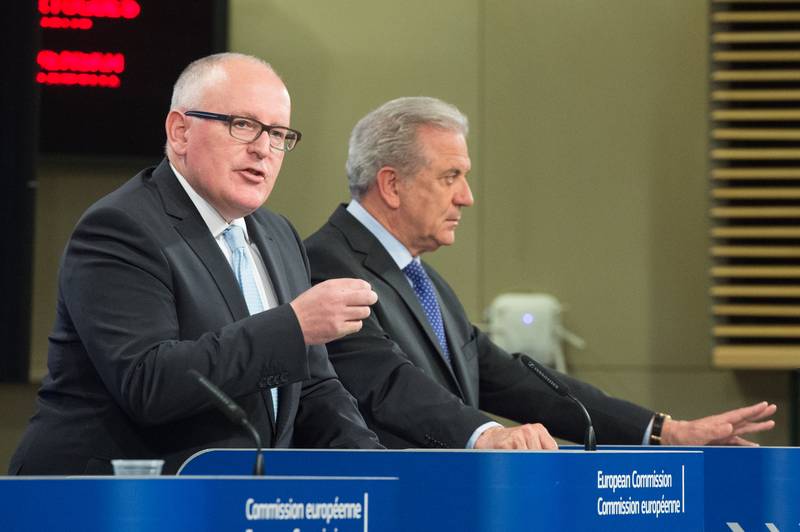 a financial fine for non-solidarity to the amount of 250 000 euro for each refused reception on the quota system.
a financial fine for non-solidarity to the amount of 250 000 euro for each refused reception on the quota system.
Reaction was swift. At a press conference in Prague, Hungarian Foreign Minister Péter Szijjártó stated that “this is the kind of blackmail that will lead nowhere”. He said it after a meeting of the Visegrad group foreign ministers with countries from the Eastern partnership. The EC proposal is “an unpleasant surprise to me”, Czech top diplomat Lubomir Zaorálek said. Their Polish colleague Witold Waszczykowski expressed doubt that this proposal is at all serious.
Is it possible to sign an agreement of the Turkish model with Libya in order to harness the migrant flow along the Mediterranean route as well? Daniel Mitov admitted that at this stage it is difficult to forecast, but warned that European-Libyan relations cannot be a one-way street. “There exists a possibility for signing such an agreement, provided the situation is stabilised and there is progress, of course, but to me it is more important that it is acknowledged that European-Libyan relations cannot be focused just on what we want”. Libya needs much more help in order to establish an environment, where Libyan citizens will not wish to leave. The minister admits this is a very long-term idea, but he sees no alternative.
This needs to be invested in, so that we will not need to respond to migrant crises or periods of instability in our closest periphery, he thinks, and defended the democracy export theory. “Democracies are appealing because they created such an institutional environment, which establishes possibilities for people to develop freely and have the opportunity for education, employment, good health care etc. We should try and export exactly such type of practises”, he said.
Translated by Stanimir Stoev
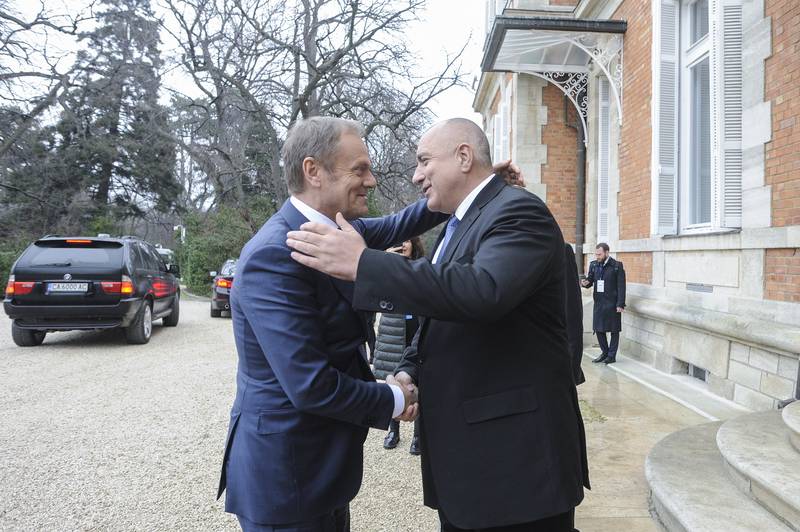 Donald Tusk, Boyko Borissov | © Council of the EU
Donald Tusk, Boyko Borissov | © Council of the EU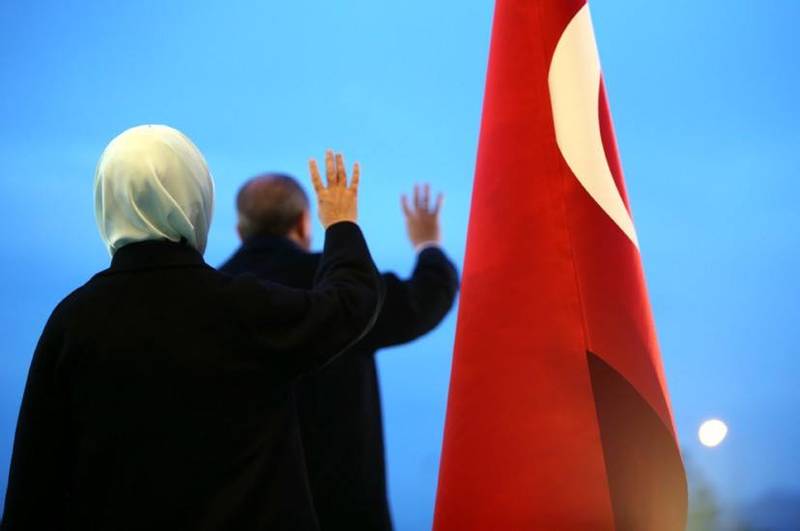 | © Turkey Presidency
| © Turkey Presidency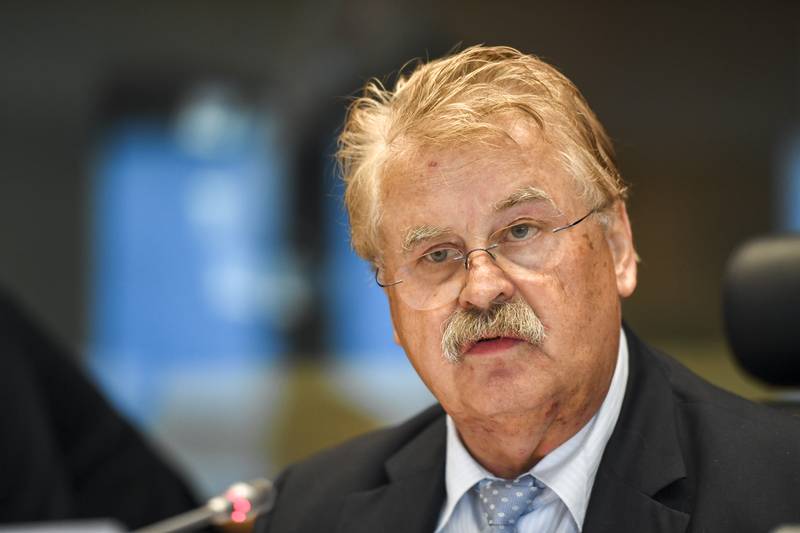 Elmar Brok | © European Parliament
Elmar Brok | © European Parliament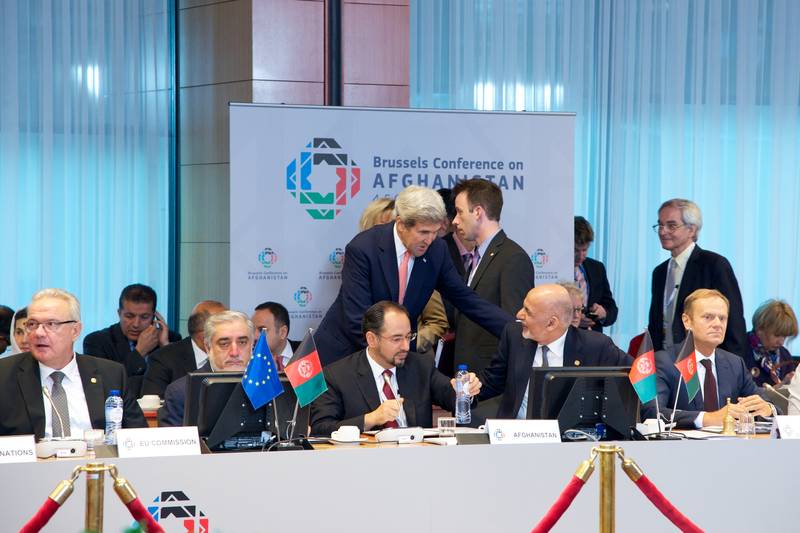 | © Council of the EU
| © Council of the EU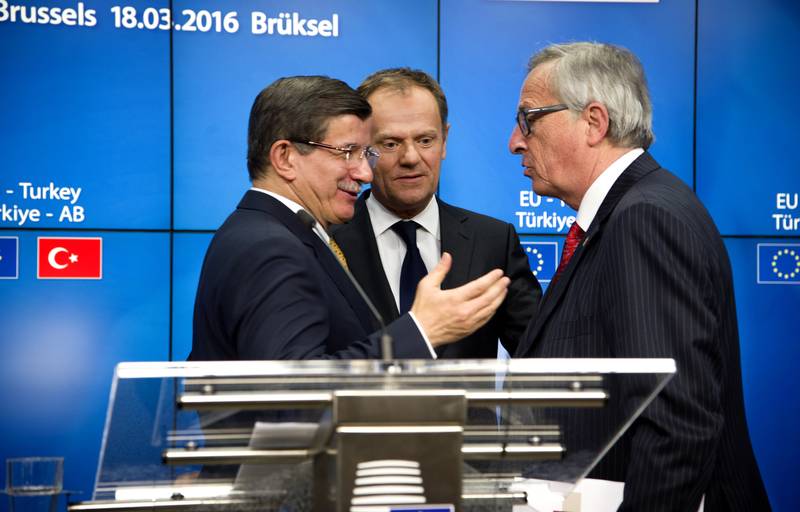 Davutoglu, Tusk, Juncker | © Council of the EU
Davutoglu, Tusk, Juncker | © Council of the EU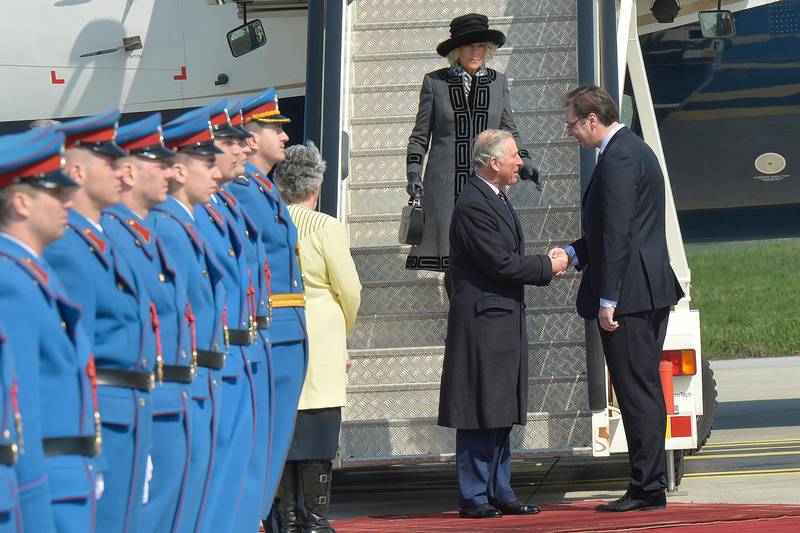 | © Vlada RS
| © Vlada RS